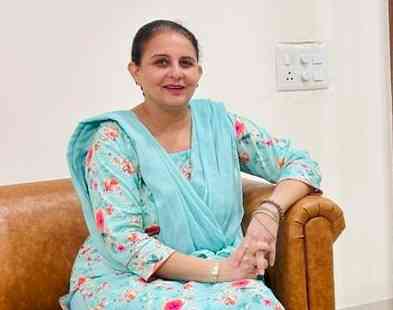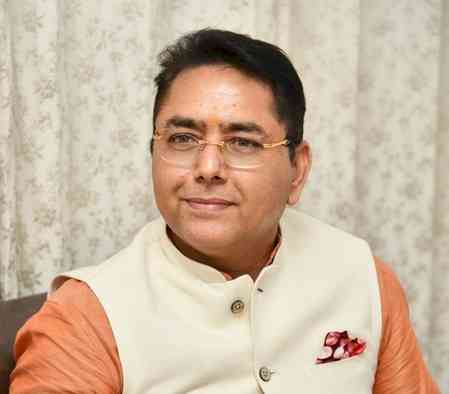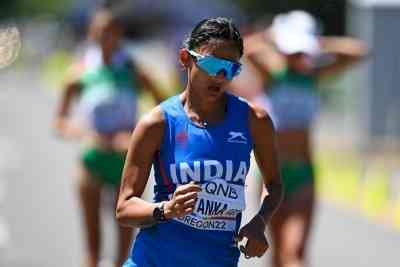Protected cultivation ensures profitable returns: PAU Expert
A two-day online training course on “Use of Drip, Sprinkler Irrigation and Poly-houses” for in-service candidates held

Ludhiana: The Skill Development Centre, Punjab Agricultural University (PAU), organized a two-day online training course on “Use of Drip, Sprinkler Irrigation and Poly-houses” for in-service candidates. In total, 55 Agriculture, Horticulture and Soil Conservation Officers; scientists from PAU and its Krishi Vigyan Kendras participated in the course.
Dr Kuldeep Singh, Associate Director (Skill Development), shared that with globalization of markets, shrinking land holdings and climate change, protected cultivation has emerged as the single most important technology for ensuring high productivity, improved quality and profitable returns.
Dr Kiran Grover, Principal Extension Scientist (Food and Nutrition) and Course Coordinator, highlighted that production of safe and nutritious food is much desired and required to meet the growing demand and ensure food security for all. The protected cultivation practices have major role to play in ensuring the sustainability of natural resources and in combating the climate change, she added.
Dr Rakesh Sharda, Principal Extension Scientist (Soil and Water Engineering) and Technical Coordinator, emphasized on more profit per drop of water.
Dr Sudhir Thaman, Scientist, explained about the use of drip irrigation as a resource conservation technology along with the ways to improve water use efficiency.
Dr Nilesh Biwalkar, an expert of Soil and Water Engineering, talked about the use of sprinkler irrigation for protecting natural resources - soil and water. He demonstrated various types of sprinkler irrigation systems including their use for nutrient and pesticide application.
Dr Mahesh Chand Singh, a PAU expert, apprised the participants of poly house technology and use of micro irrigation systems for protected cultivation.
Later, Dr Grover, while proposing a vote of thanks, said that productivity can further be enhanced through the adoption and utilization of more efficient existent technologies and practices.


 cityairnews
cityairnews 









